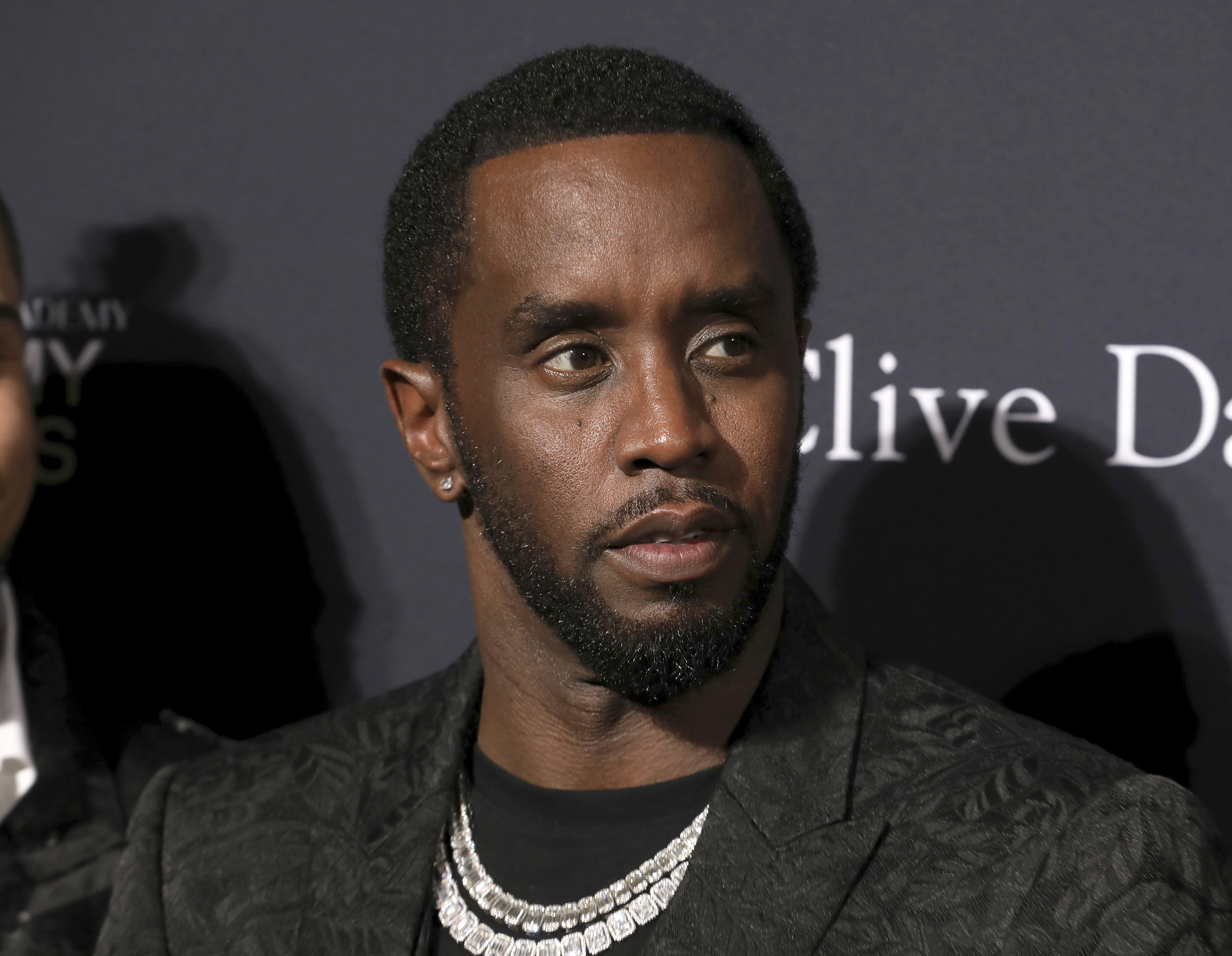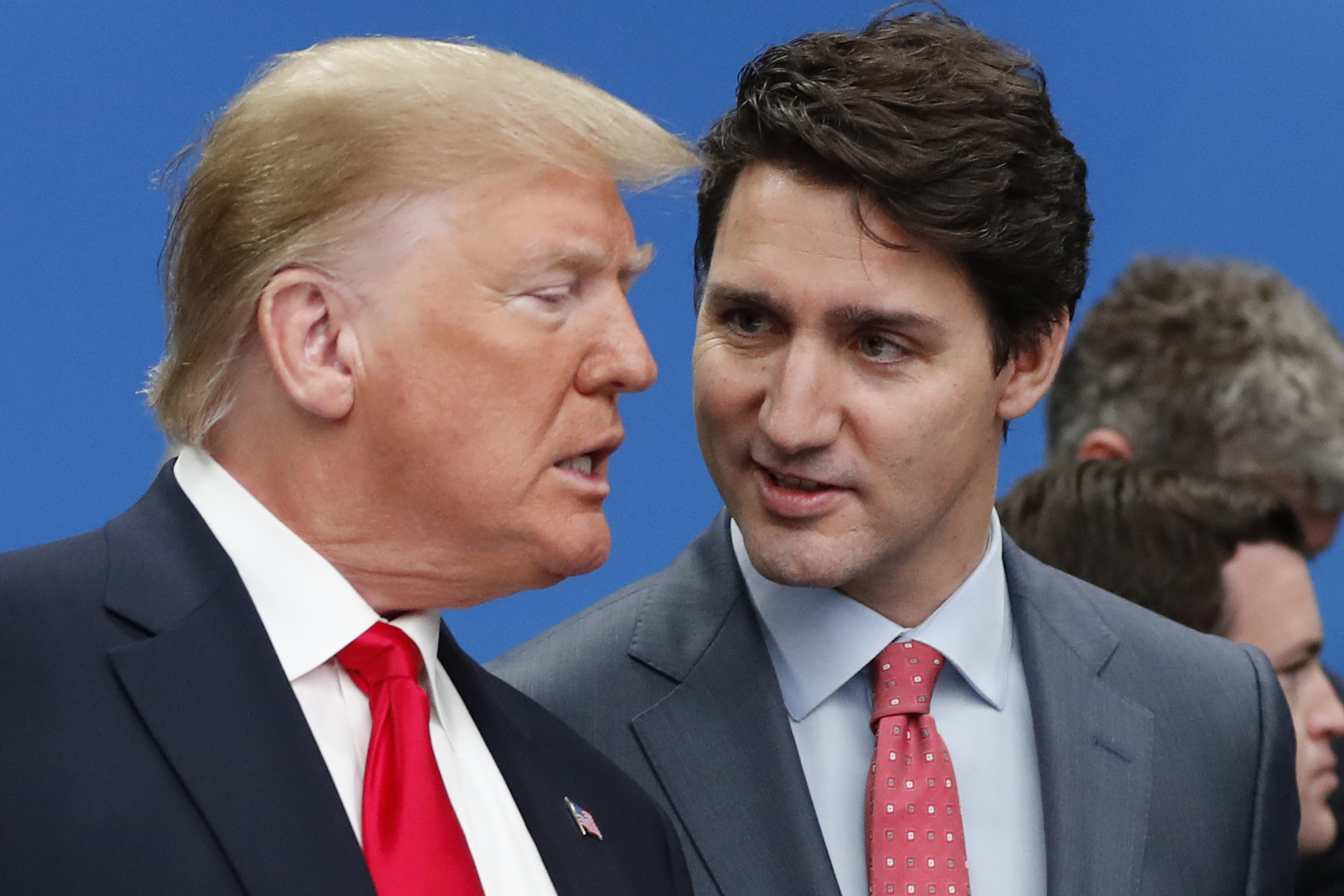The nomination of Betsy DeVos, a school choice advocate, as Education secretary, was a signal from President Donald Trump that he was going to shake up public education.
On Monday, Trump moved to roll back Obama-era rules that deal with how states assess school performance and teacher preparation programs. Trump says that local educators, parents and state leaders know what students need best.
And his budget proposal brought even more clarity to his plan.
But as the budget process begins to play out, education experts and teachers are wondering what the changes will mean. Will some children get left behind? Can schools already strapped for money survive even deeper cuts?
Education experts in favor of school choice and a shrinking role for the federal government in education sing the praises of the new administration. Critics, meanwhile, are worried about the future of education.
Here is a closer look at the divide:
On Betsy DeVos and Donald Trump:
U.S. & World
Randi Weingarten, president of the American Federation of Teachers, called DeVos the most anti-public education person ever nominated, asserting she has an "antipathy toward anything that is public."
"What you’re seeing from her is what happened in the hearing, which is both an ideological antipathy toward anything that is public, toward anything that’s... a public good, and a public concern, and public education," Weingarten said.
DeVos is known for being a charter school and voucher program advocate, which has garnered her a great deal of criticism. But that doesn’t mean she’s lacking in support.
"[DeVos] is a passionate advocate for children," Robert Enlow, president and CEO of EdChoice, a pro-school choice group, said. "I think she supports schools of all types."
He added that he believes she’s committed to making sure that low income families have the same opportunities as others.
Lily Eskelsen Garcia, president of the National Education Association, the largest teacher’s union in the nation, has been a critic of DeVos from the start.
"The only thing [DeVos] seems to want to talk about is how to funnel public dollars into private charter schools and private schools schools...we think that hurts students--to be supportive of taking public school dollars out of public schools and into unaccountable, privatized schools,” she said.
She added that during the campaign, she felt that the only thing Trump talked about was school choice.
"He didn’t mention education in any other form, except yes we need to fund privately managed schools somehow," she said.
"Then he picked the poster child for how to do that in the worst way possible," Eskelsen added.
On the budget:
The administration this month proposed allocating an additional $1.4 billion for school choice programs and eliminating two programs worth $3.6 billion that provide funding for teacher preparation and after-school programs.
Experts that spoke with NBC named a number of possibilities for the future of education throughout the next four years, but a common theme was tax credit scholarships, which "allow taxpayers to receive full or partial tax credits when they donate to nonprofits that provide private school scholarships," according to EdChoice.
Jon Valant, a fellow in the Brown Center on Education Policy at the Brookings Institute, said he believes school choice is likely to be implemented through a tax credit school program.
"Part of the reason they are likely to go that route is to get it through they could do it through the budget reconciliation process," he said.
Enlow added that the administration can encourage--and that he would prefer--that families get more options through tax codes, which can be done in two ways: through scholarship tax credits and direct tax credits.
"You should be funding every child," Enlow said.
Rick Hess, resident scholar and director of Education Policy Studies at the American Enterprise Institute (AEI), also said tax credit scholarships are a possibility.
"You’re talking something that would transform the private schooling sector," he said.
Valant said the move is useful politically because it’s filibuster-proof.
He added that there’s a real chance that such a program could change the way schools currently operate.
If the government redirects a substantial amount of money to private schools, he said, then it’s likely that kids would take the scholarships to private schools.
Valant said the program has the potential to take away funding from some places.
"If they are redirecting a substantial amount of money to private schools then it would be very likely that we’d see kids taking those scholarships and taking them to private schools," he said.
But while Trump’s budget has garnered some criticism, Enlow said, "I think it’s a good start."
"Whether it stays that way or not, is of course up to Congress," he added.
Weingarten criticized Trump’s new budget, which has substantial cuts in funding for education, and called it the perfect example of "ideological zeal" that she says blinded DeVos to what works in education.
"If you care about public education and you care about helping all kids and you care about what works in public schools, she’s not your champion," she said.
On transgender bathroom laws:
Garcia also pointed to the Trump administration’s rollback of federal guidelines on transgender bathroom usage in schools. The administration rolled back the Barack Obama’s administration’s guidelines that let students use bathrooms or locker rooms that aligned with their gender identities.
Garcia said transgender kids are often misunderstood and victims, and she said they’re used as scapegoats. She said that in rolling back those guidelines, the Department of Ed is complicit in children’s suffering.
"You will not get another chance to have children feel safe in their school once you have allowed them to feel unsafe," she said.
When the guidance was lifted, DeVos said, "This is an issue best solved at the state and local level.”
She added that schools, communities and families can find solutions that protect all students.
On school choice:
Recently, the text of a bill introduced by Rep. Steve King (R-IA) was going around social media, with many criticizing its tenets.
H.R. 610, or the Choices in Education Act of 2017 moves to repeal the Elementary and Secondary Education Act (The law was recently reauthorized as the Every Student Succeeds Act, or ESSA), which provides funding to schools with low-income populations and homeless children, NBC 7 reported.
The bill would also introduce a voucher system for schools using federal funds, and repeal nutrition standards that schools currently follow.
Parents who receive vouchers through the proposed legislation would be able to make the ultimate decision on whether their child receives homeschooling, or attends public or private school.
Such legislation would upend the current state of education in the United States, but according to experts it’s unlikely to pass.
"What this particular act proposes would be revolutionary," said Kevin Welner, professor at the University of Colorado Boulder and director of the National Education Policy Center.
Welner said the bill isn’t just a matter of tinkering with education--it’s a matter of completely eliminating the role of the Department of Education.
"If this actually could happen it would be really, really troubling," Valant said of King’s bill. "But I don’t think it’s likely."
ESSA was reauthorized in 2015, largely with bipartisan support--which is why experts say that they can’t see King’s bill passing.
Valant also said that the bill is unlikely to garner much support among Democrats and Republicans.
"Even to do it with a simple majority would be tough," he said.
For Republicans, Hess said, there’s a balancing act between wanting to dial back Washington’s involvement while also not wanting to look like they’re too hostile toward schools or school systems.
"Even Democrats who are skeptical of testing don’t want Washington to get entirely out of this business," he said.
Valant added that it’s too early to tell what tax credit scholarship programs could look like, but he said they wouldn’t be as stunningly revolutionary as the Choices in Education Act.
"It would not disrupt the infrastructure of federal education policy like King’s proposal would, but it still has potential to have real consequences for kids and public schools," Valant said.
On higher ed:
Weingarten named issues within higher education as some of the things she believes the department should be tackling, namely accountability.
"We should be making private colleges accountable and not allow them to be predatory,” she said. "We should be increasing student loan opportunities not decreasing [them] to help kids who want to go to college, go to college."
Hess said the Higher Education Act is "long overdue" for reauthorization.
"There’s a real opportunity to take a look at the way we fund student loans...and support colleges to ensure that institutions are being encouraged to think about cost effectiveness and about the quality of education they’re providing" he said.
This article contains material from the Associated Press



